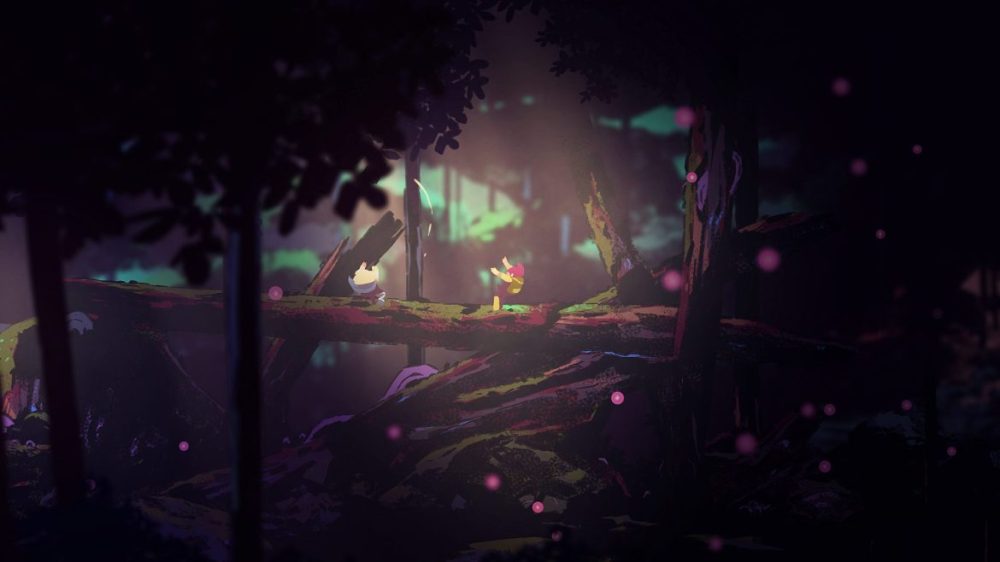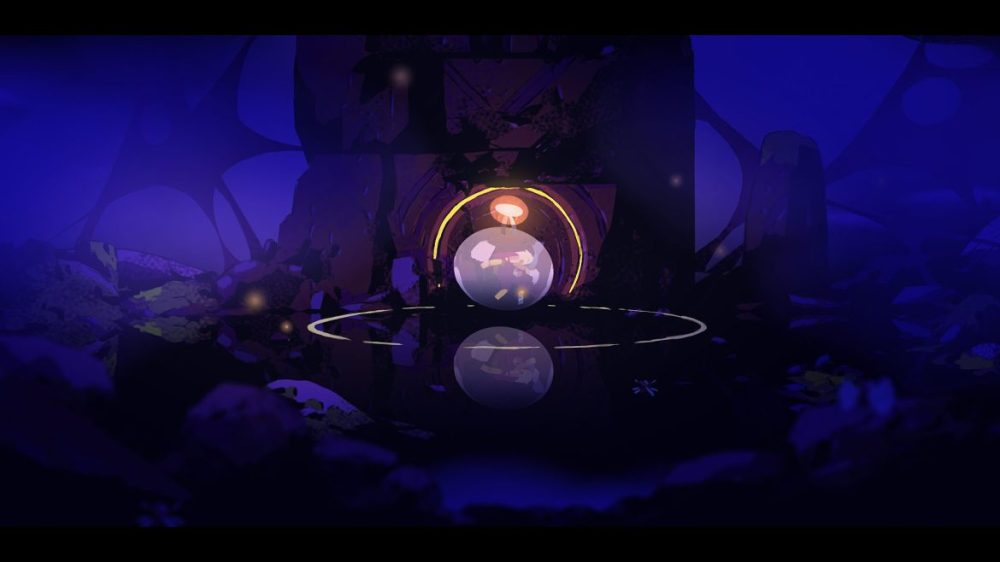TL;DR
Embark on a visually stunning, non-violent adventure in Voyage, a cooperative exploration and puzzle game. Guide two survivors through beautifully hand-painted worlds, boasting immersive sound design and smooth performance on Xbox Series S. While its artistic merit is undeniable, the game struggles to replace combat with equally engaging mechanics, leading to a somewhat passive and repetitive experience. If you prioritize atmosphere and aesthetics over challenging gameplay, this might be for you. Dive into the full review to see if Voyage's artistic charm can overcome its gameplay shortcomings.
In Voyage, players can embark on a journey either solo or cooperatively. Eschewing violence as a gameplay mechanic, Voyage focuses on exploration and puzzle-solving, making it accessible to a wide range of players. Guide the two survivors through diverse environments and experience a compelling narrative in an unfamiliar world.

While the concept of games that move beyond violence as a primary means of progression is appreciated, Voyage unfortunately struggles to replace it with equally engaging mechanics. This absence leads to a sense of monotony, as the gameplay lacks significant dynamism.
The obstacles presented in Voyage do not pose a substantial challenge, resulting in an experience that feels more like a passive pastime than an actively engaging game. This approach may appeal to some, but personally, I find it difficult to connect with titles that prioritize aesthetics and atmosphere over compelling gameplay.

Indeed, Voyage’s strongest aspects lie in its presentation. The hand-painted graphics are visually striking, and each location boasts a distinct and well-realized design. The atmospheric sound design and music further contribute to an immersive experience.
I played Voyage on Xbox Series S and encountered no performance issues, such as lag or extended loading times. The game operates smoothly. The game features local co-op for those with an extra controller. Unfortunately, online co-op is not supported.

In conclusion, while Voyage is a competently crafted game offered at an attractive price point, its lack of compelling engagement prevents it from earning a full recommendation.
Ratalaika Games provided a review code for this analysis. The provision of materials does not influence our editorial independence.
